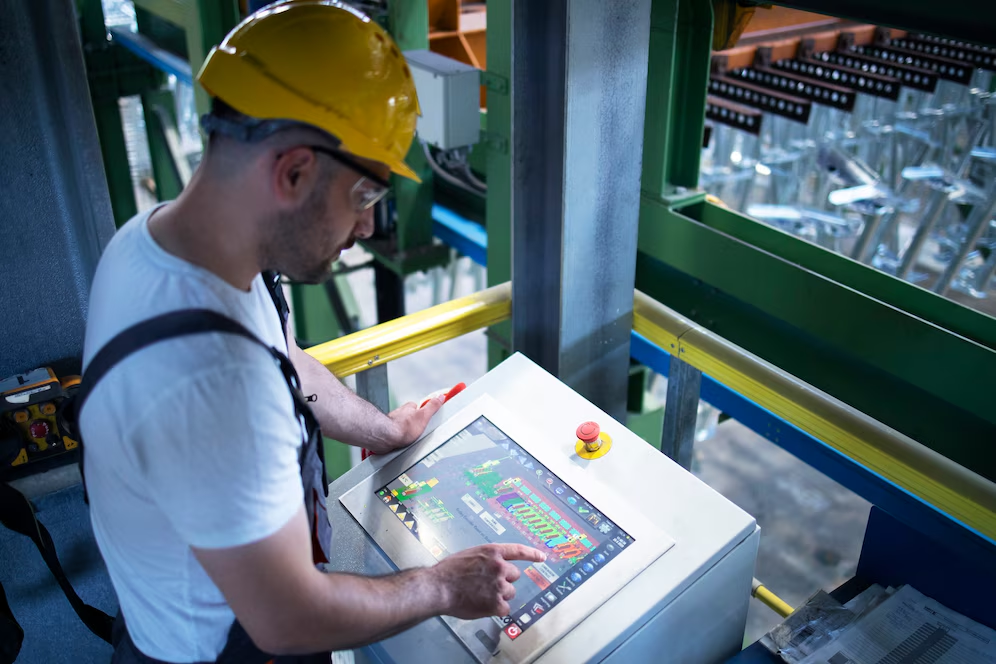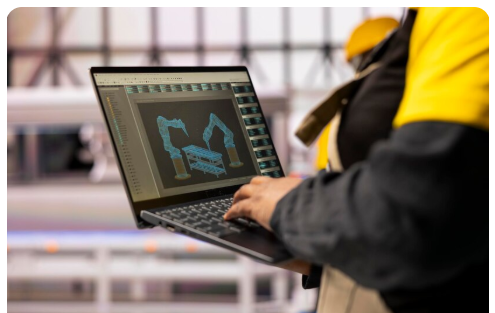CNC manufacturing has revolutionized the world of precision engineering. This advanced technology offers unmatched accuracy and efficiency. Industries worldwide have embraced it for its ability to produce complex parts with ease. The term “CNC” stands for Computer Numerical Control. It refers to machines controlled by computer programs. These programs guide tools to perform precise cutting and shaping operations. As a result, CNC manufacturing has become indispensable in modern production processes.
Increased Efficiency Through Automation
Automation is one of the most significant advantages of CNC manufacturing. Machines operate continuously without fatigue. They can run for extended periods, increasing overall productivity. Unlike manual processes, CNC systems do not require breaks. This leads to faster production cycles and reduced downtime. Automation also minimizes human error. Each part produced matches the exact specifications provided in the program. Consequently, businesses achieve higher output levels while maintaining quality.
The use of CNC manufacturing ensures consistent results. Automated systems follow programmed instructions precisely. This eliminates variations that often occur in manual operations. Companies benefit from streamlined workflows and optimized resource usage. Overall, automation through CNC technology enhances operational efficiency significantly.
Enhanced Precision and Accuracy
Precision engineering demands exactness in every detail. CNC manufacturing excels in delivering accurate results. Advanced software controls the movement of cutting tools with microscopic precision. This capability allows manufacturers to produce intricate designs effortlessly. Even the smallest components are crafted with utmost care. Every dimension adheres strictly to the design specifications.
Cost-Effectiveness in Production
Cost management is crucial for any business. CNC manufacturing offers cost-effective solutions for precision engineering. While initial setup costs may be high, long-term savings outweigh them. Reduced material waste is one major advantage. CNC systems cut materials efficiently, leaving minimal scraps. This conserves resources and lowers expenses over time.
Flexibility in Design and Prototyping
Design flexibility is another strength of CNC manufacturing. Engineers can experiment with various concepts before finalizing a product. CNC systems support rapid prototyping, allowing quick iterations. Changes in design specifications are easily incorporated into the program. This adaptability speeds up the development process significantly.
Improved Material Utilization
Material utilization is critical in precision engineering. CNC manufacturing optimizes the use of raw materials effectively. Advanced algorithms calculate the best cutting paths for maximum efficiency. This minimizes waste and maximizes yield from available stock. Manufacturers achieve higher material recovery rates using CNC systems.
Customization and Personalization
Customization is becoming increasingly important in today’s market. CNC manufacturing supports personalized production effortlessly. Businesses can cater to specific customer needs without compromising quality. Programs can be adjusted to accommodate unique requirements. This flexibility enables mass customization at scale.
Advantages of CNC Manufacturing in Precision Engineering
CNC manufacturing brings numerous benefits to precision engineering. Its ability to combine accuracy with efficiency is unparalleled. Automated processes reduce errors and increase throughput. Enhanced precision ensures every component meets exact specifications. Cost-effectiveness, design flexibility, and improved material utilization further strengthen its appeal.
Businesses embracing CNC technology experience transformative growth. They achieve superior quality while reducing operational costs. Customization capabilities allow them to meet diverse customer demands. In summary, CNC manufacturing is a powerful tool for modern precision engineering.
Conclusion
CNC manufacturing has redefined precision engineering across industries. Its advantages range from increased efficiency to enhanced accuracy. Automation streamlines operations, while flexibility supports innovation. Cost savings and material optimization make it an attractive choice for businesses.






